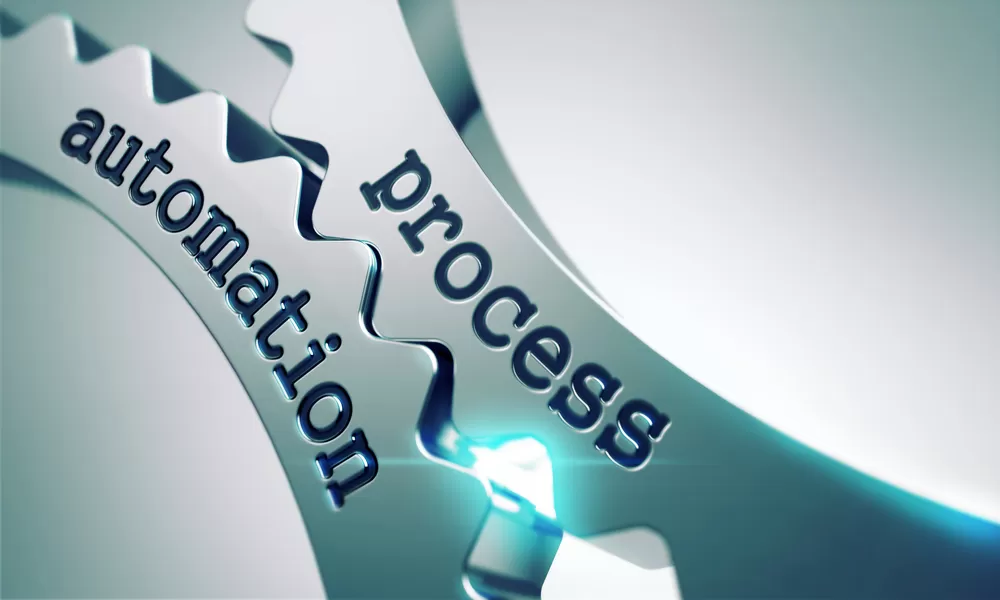What is HRIS? It’s a Human Resources Information System: a system to help Human Resources departments automate their processes, making routine work more manageable. HRIS includes creating reports, scheduling meetings and events, calculating vacation and sick leave, tracking overtime, statistics, employee base maintenance, etc.
When choosing an HRIS, you want to know what you’re looking for and what system will be best for your company. We have some helpful tips to assist you in your HRIS search. We also have a software match on offer, so check it out.
Choosing an HRIS
There are plenty of HRIS options, and you want to make sure you make the right decision for your company. When it’s time to choose an HRIS, it’s essential to consider all of your options. It might take some time to brainstorm and plan what you want out of your HRIS. We recommend that you consider the following when searching for the best HRIS software for your company:
- Company needs now
- What does your company need from an HRIS immediately?
- What information are employees requesting?
- How long does it take to respond to information requests?
- Are any HR needs not being addressed or handled correctly?
- Company needs in the future
- What will your company need out of an HRIS in the future?
- What does your company need to meet its goals?
- What is required to have a successful HR operation?
- Pricing
- What can your company afford to pay?
- What does the HRIS offer at that price point?
- What maintenance and customization will be needed, and how much will it cost?
- Scalability
- What kind of innovations do you need from your HRIS?
- Outside of HR, who else can benefit from the system?
- Must-have features
- What features are you not willing to compromise on, and what features are more flexible?
- Are your must-have features realistic for your price point?
Technical Considerations
Consider the technical features of each HRIS before deciding on one. They include the hardware needed to operate the system, whether or not local area networks are compatible, the number of employee records, and processing time. Prepare an HRIS vendor evaluation checklist. Ask each vendor questions about it, and choose the system that aligns with your current needs.
Compliance Considerations
Compliance considerations are necessary to ensure that your company is compliant with your industry’s safety and security requirements. The right HRIS can help with your company’s compliance. When looking at compliance, consider if the HRIS will calculate sick time use and leave balances, track the safety history of individual employees, monitor workplace hazards or other hazardous exposures, and whatever other compliance considerations are necessary for your industry.
Quality-of-Life Considerations
Your HRIS requirements checklist should also include quality-of-life considerations. These considerations include new-hire and termination processing, benefits and life event tracking, and training and development. Although it’s easy to think of technical and compliance concerns first, quality-of-life considerations are just as important.
HRIS Features Checklist
When you make your HRIS checklist, it can be helpful to group your needs into categories. Include your must-have features, features that would be nice if possible, and features that aren’t important to your company. This makes it easier to keep track of your HRIS evaluation checklist. If you need an example, we have one here.
- Technical features
- Organizational tools
- Reporting tools
- Compliance
- Compliance
- Injury reporting
- Workplace hazard monitoring
- Training and development features
- Training
- Employee development
- Benefits features
- Benefit participation
- Plan eligibility
- Payroll
- Employee features
- Self-service
- Online open enrollment
- Time
- Staffing features
- New-hire processing
- Termination processing
- Employee information management
- Applicant tracking system
- Employee performance
Software Comparison Tips
It is worth taking the time to compare more than one HRIS. When comparing, make sure to look at how the HRIS is organized. You want to be sure that you can work efficiently on the program and that the organization is comprehensive.
Ratings are also something that you should compare between each HRIS. See what users have to say about the program and if it’s something that they would recommend. Poor ratings from users can help you steer clear of less-than-optimal programs.
Also, be sure that you’re comfortable with the tracking sheets needed to use the HRIS. This will ensure that you will be able to use the program well and that you will be able to keep track of what’s essential to your company.
By automating your routine processes, you can improve the quality of your Human Resources department. If you consider all of the above and keep these tips in mind, you can be confident that you know how to find the HRIS that will best benefit your company.
Still not sure how to get started? We have a vendor list to get you started, so you can find a vendor and request a demo.












